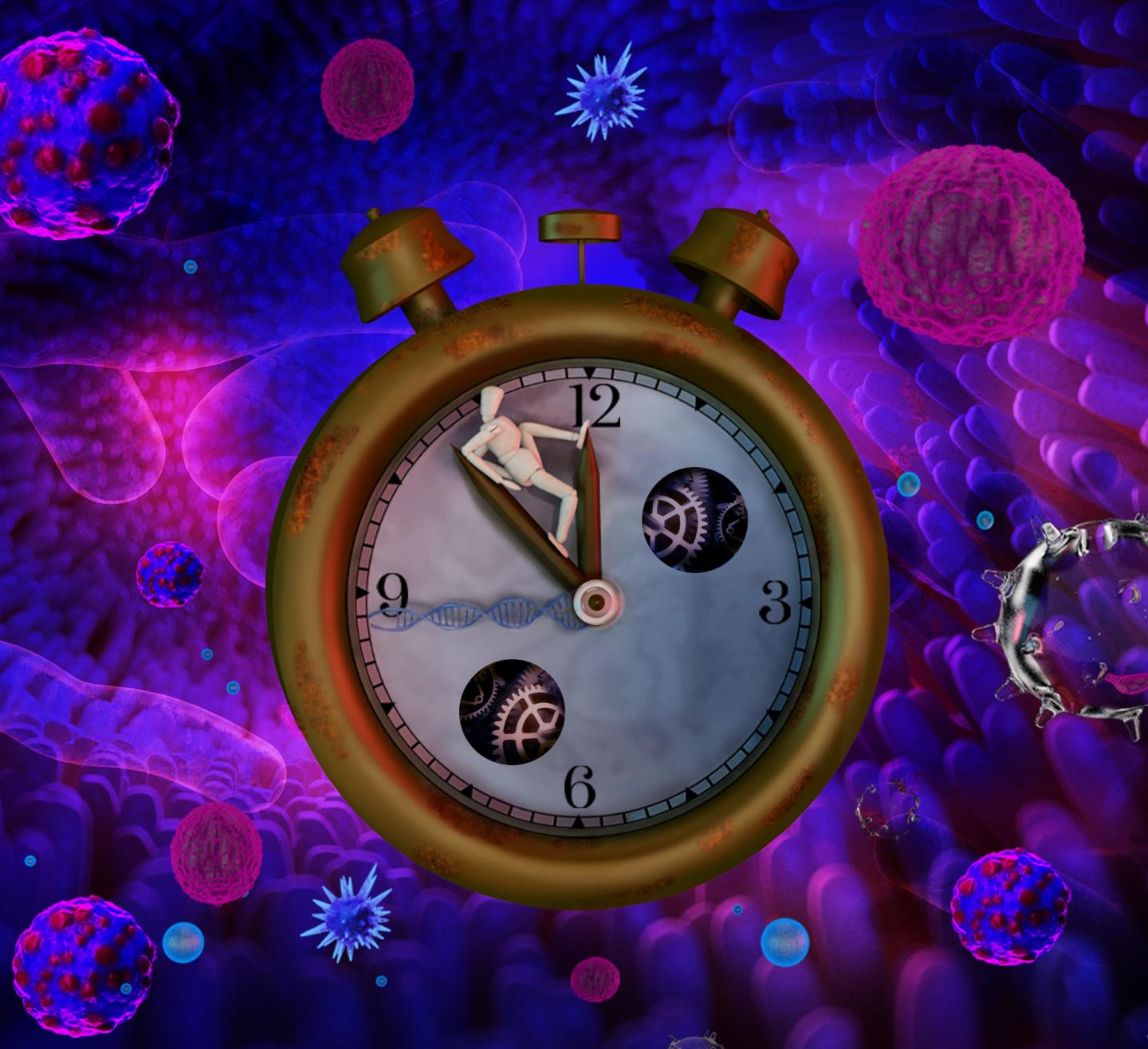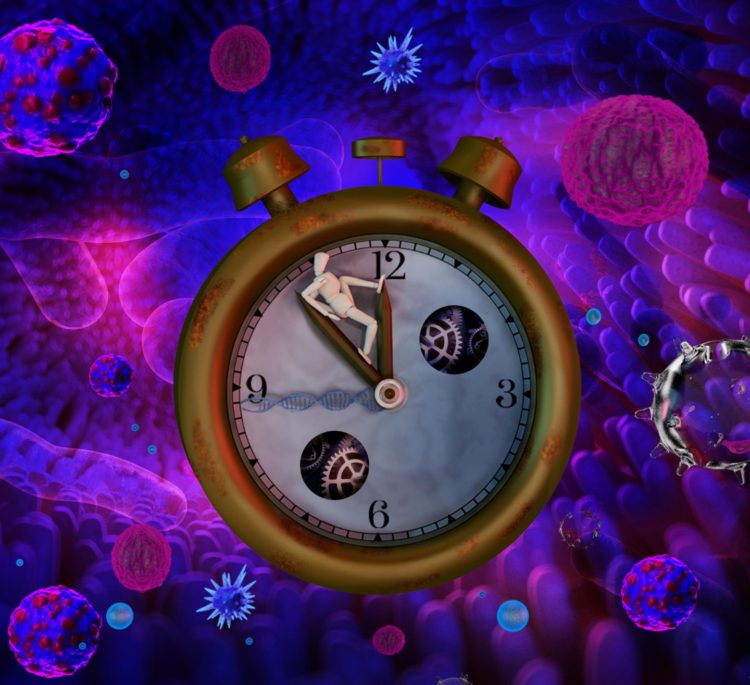EMBL scientists describe how our genetic background influences cancer development

Credit: Rayne Zaayman-Gallant/EMBL
Germline variants are present in every single cell of our body. By contrast, somatic mutations occur in individual body cells during an organism’s lifetime and only affect the tissue that is derived from that cell. They can be driven by external factors like UV light or tobacco smoking. “The main finding of our study is that a person’s genetic background can influence the changes we see in the genome of their cancer cells,” says Sebastian Waszak; a postdoctoral fellow in the Korbel group at the time the research began.
A clock-like mutational process
“Cancer is a disease of the somatic genome, caused by mutations that arise during our lifetime,” says EMBL group leader Jan Korbel. “But in a certain number of patients, at least 5 to 10%, the reason for cancer is due to inherited mutations. In our study we identified several genetic factors that promote the somatic evolution of cancer cells.”
The group identified germline mutations in the gene MBD4 as a driver for an overabundance of somatic mutations in cancer genomes. MBD4 influences a mutational process that occurs naturally during ageing and is described as clock-like, because of the rhythm with which somatic mutations occur during our lifetime. In the presence of a mutated MBD4 gene, the clock-like mutational process runs at a much faster pace.
Finding germline variants that influence cancer development is key for future medical applications. “Our methodology can be used to identify genetic factors that increase the pace at which somatic mutations are acquired,” says Sebastian Waszak. In the future, patients with an identified genetic risk could be counselled and offered regular screenings so that a pre-cancerous lesion is discovered as early as possible.
Organisation and creativity
The working group responsible for this segment of the main Pan-Cancer paper included as many as 100 scientists. “We were very excited to understand the influence of genetic factors on cancer development,” says Sebastian Waszak. “This was a project born out of curiosity and everybody contributed lots of resources to it. It was also an organisational challenge.” Weekly teleconferences were held from EMBL to coordinate interests and roles, to discuss results, and to organise workshops.
“There are many open questions when it comes to understanding cancer risks,” says Sebastian Waszak. “Pan-Cancer has enabled us to study the early steps of cancer development from a novel perspective.”
The Pan-Cancer project
The Pan-Cancer Analysis of Whole Genomes project is a collaboration involving more than 1300 scientists and clinicians from 37 countries. It involved analysis of more than 2600 genomes of 38 different tumour types, creating a huge resource of primary cancer genomes. This was the starting point for 16 working groups to study multiple aspects of cancer development, causation, progression, and classification.
###
Media Contact
Mathias Jäger
[email protected]
62-213-878-726
Original Source
https:/
Related Journal Article
http://dx.





